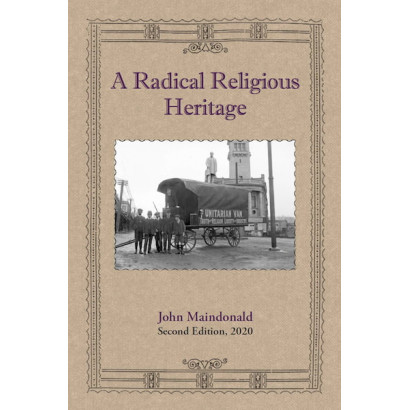A Radical Religious Heritage
Those who laid the foundations of New Zealand’s Unitarian movement, most of whom came from the United Kingdom, argued strongly that all religious claims must be open to critical examination and review, with the individual conscience the final judge. Among those who had a large role, note especially William Jellie who was the first minister of the Auckland Church, and through his long life continued to give strong support. Sir Robert Stout who was premier in the Stout-Vogel ministry and Chief Justice from 1899 until 1926, had a long involvement with the Wellington Church. Mary Richmond, who was active in a wide range of educational and social service organisations, likewise had a large role in the Wellington Church, often speaking at services. James Chapple, whose strident political radicalism was a source of tension, was the real life counterpart of “Plumb”, in Maurice Gee’s novel of that name.
Harriet Morison who was the Auckland Church’s first woman chairperson, was prominent as a trade unionist. She was a campaigner for women’s suffrage, as was Lady Anna Stout, who also while in the UK for three years worked for women’s suffrage there. The poet Hone Tuwhare features briefly in the story, as does the writer Frank Sargeson.
The Auckland Church has in recent years experienced a revival of interest. While there are now no active churches of fellowships elsewhere, the influence of the earlier wider movement has penetrated deeply into New Zealand society. Extensive references are provided, many to online sources, which interested readers can follow up.

